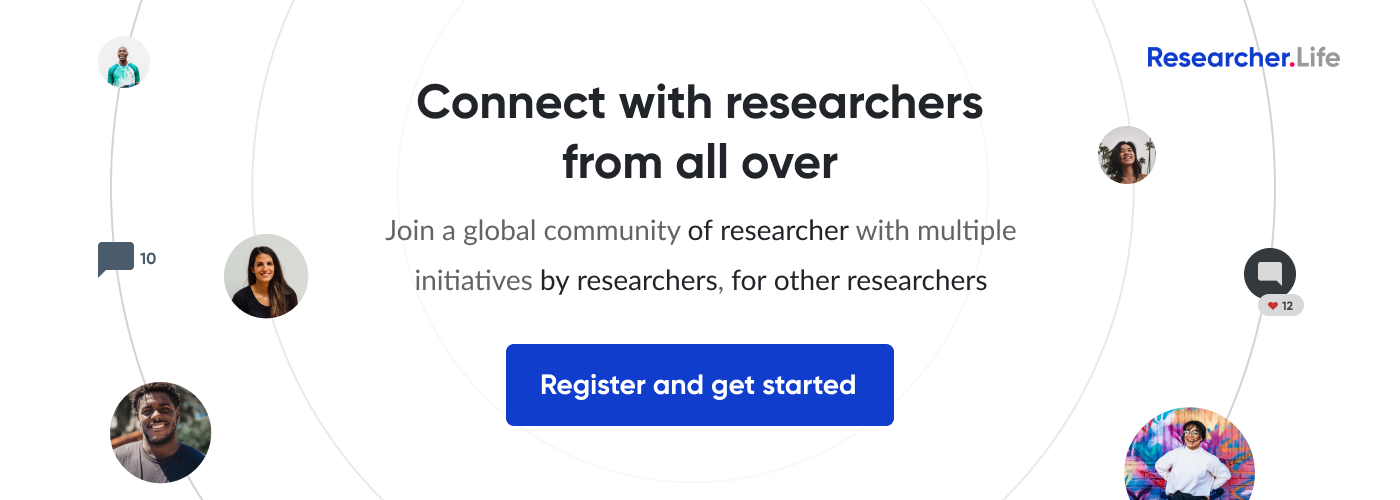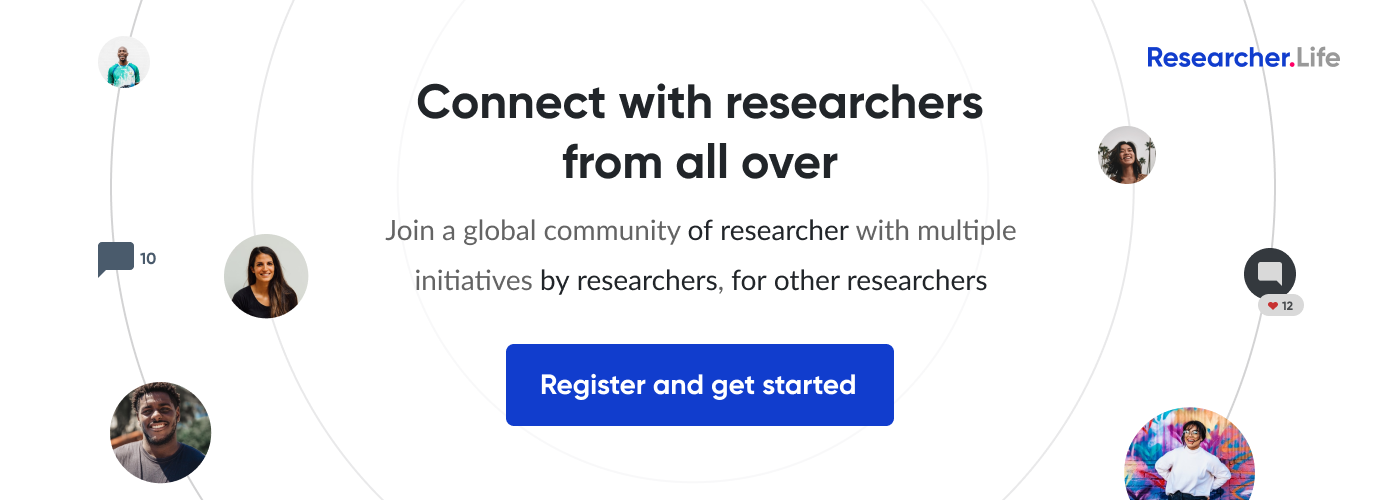Exploring the Twitter exodus: The role of Mastodon in facilitating research and academic engagement

Why did the researcher cross the road? To go from Tweet to Toot.
The Twitter reading ban, apart from becoming a massive conversation starter in media houses, has caused a significant rise in Mastodon users, especially from research and academia. The recent ban on Twitter's Read API, which allowed third-party applications to access users' tweets in real-time, has sent shockwaves through the research and academic community. In response to this restriction, a growing number of researchers and academics are migrating to Mastodon, a decentralized and open-source social networking platform. The implications are debatable, but for now, we can't help but wonder if the advantages outweigh the challenges associated with this shift.
The Twitter reading ban, implemented to protect user privacy and control access to tweets, has significantly impacted academics who heavily relied on Twitter data for their studies. Twitter's real-time, public nature provided a treasure trove of information for scientists and researchers. The ban has limited their ability to collect and analyze tweets, forcing them to seek alternative platforms for their research endeavors.
Enter Mastodon, a haven for academic discourse, which has often been dubbed as the "Twitter alternative." Mastodon offers a decentralized and community-driven social networking experience. With a similar microblogging format, Mastodon allows users to create their own instances, which are independent communities connected through a federated network. This decentralized structure appeals to researchers and academics seeking more control over their data and an environment conducive to academic discourse, where open discussion and collaboration are encouraged.
While memes about two of the biggest social media titans duking it out at the Colosseum are still doing the rounds, Mastodon may emerge as the unexpected victor in the arena of research and academia. This migration from Twitter to Mastodon is fueled by several motivations. One key factor is privacy. Researchers value the ability to control their own data and ensure confidentiality, especially when studying sensitive topics or working with human subjects. Mastodon's decentralized architecture, combined with robust privacy settings, addresses these concerns. Additionally, Mastodon's focus on open-source software aligns with the academic community's ethos of transparency and collaboration.
While Mastodon offers a promising alternative, it comes with its own set of challenges. The platform's smaller user base and decentralized nature can limit the accessibility of certain niche communities or specific research topics. However, Mastodon's federated network allows users to discover and connect with new communities, fostering interdisciplinary collaboration and expanding research horizons. Researchers must, however, adapt to the unique dynamics of Mastodon and explore strategies to leverage its strengths while mitigating potential limitations.
As the exodus continues, it is crucial for researchers to critically evaluate the potential of Mastodon, actively engage in shaping its academic community, and advocate for interoperability between platforms to ensure a vibrant and inclusive research ecosystem in the digital age.
Comments
You're looking to give wings to your academic career and publication journey. We like that!
Why don't we give you complete access! Create a free account and get unlimited access to all resources & a vibrant researcher community.













